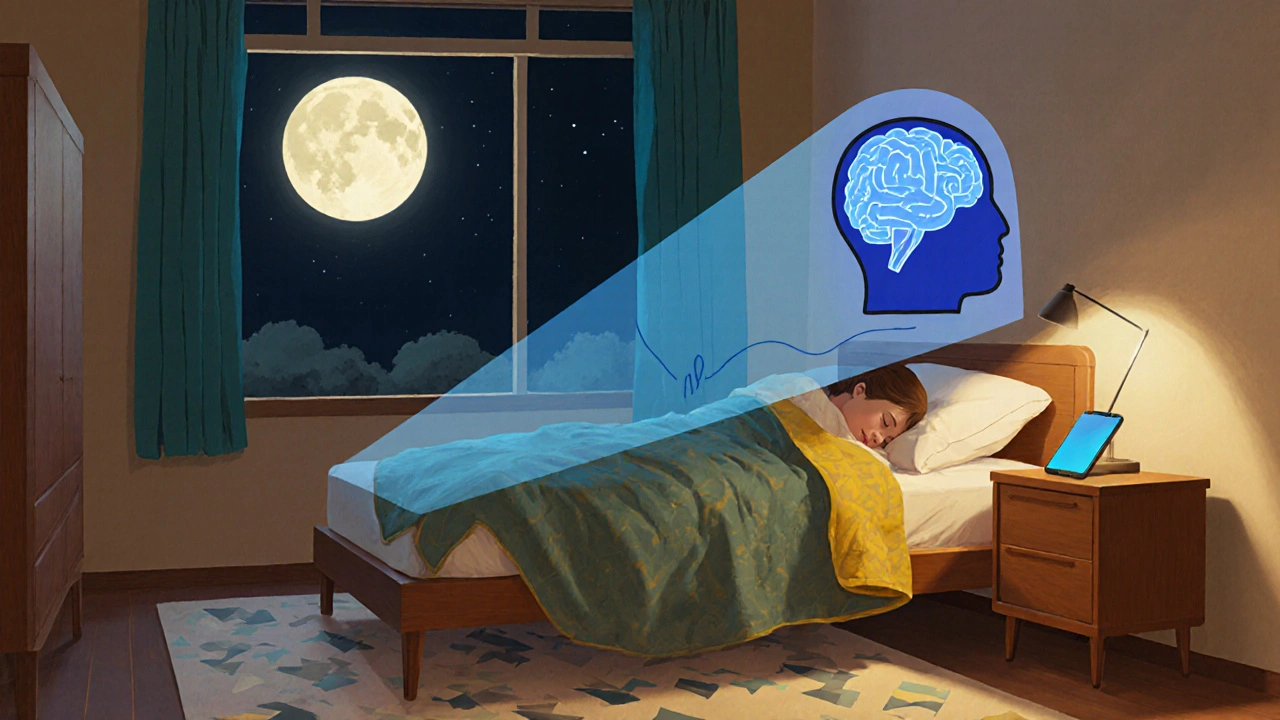Sleep Hormone: What It Is, How It Works, and Why It Matters
When you feel tired at night, it’s not just because you’re bored—it’s your sleep hormone, a natural chemical produced by the pineal gland that signals your body it’s time to rest. Also known as melatonin, it’s the quiet conductor of your internal clock, turning on when it gets dark and fading as morning light hits your eyes. Without it, falling asleep becomes a battle you didn’t sign up for.
But the sleep hormone, melatonin doesn’t work alone. It’s tied to your circadian rhythm, your body’s 24-hour biological cycle that controls sleep, hunger, and even body temperature. When you stare at your phone at midnight, that blue light tricks your brain into thinking it’s still daytime—melatonin production drops, and sleep slips away. This isn’t just about feeling groggy the next day. Long-term disruption can affect your immune system, mood, and even increase risk for chronic conditions.
That’s why sleep study, a detailed overnight test that tracks brain waves, breathing, and movement to diagnose disorders like sleep apnea or insomnia matters. Many people think they just need more sleep, but what they really need is better regulation of their sleep hormone. A sleep study can show if your melatonin levels are off, if your breathing stops during the night, or if your body just isn’t syncing with the day-night cycle. It’s not sci-fi—it’s standard care for people who’ve tried everything and still can’t sleep.
And it’s not just about pills. Some people take melatonin supplements, but they don’t fix the root problem. If your room is too bright, your schedule is all over the place, or you’re stressed out, no supplement will help long-term. Real improvement comes from understanding how your body naturally works—and then aligning your habits with it. That’s what the posts here are all about: clear, no-fluff advice on how your sleep hormone behaves, what messes it up, and what actually helps.
You’ll find real stories from people who struggled with insomnia, guides on how to interpret sleep study results, and even how heat or medications like fentanyl patches can interfere with your natural rhythm. There’s no magic fix, but there are proven steps—and they’re all here, written for people who just want to sleep better without reading a textbook.

Understanding Melatonin: The Ultimate Guide to the Sleep Hormone
Learn how melatonin works as your body's natural sleep signal, when to use supplements, proper dosing, and how to reset your sleep cycle without relying on pills.
